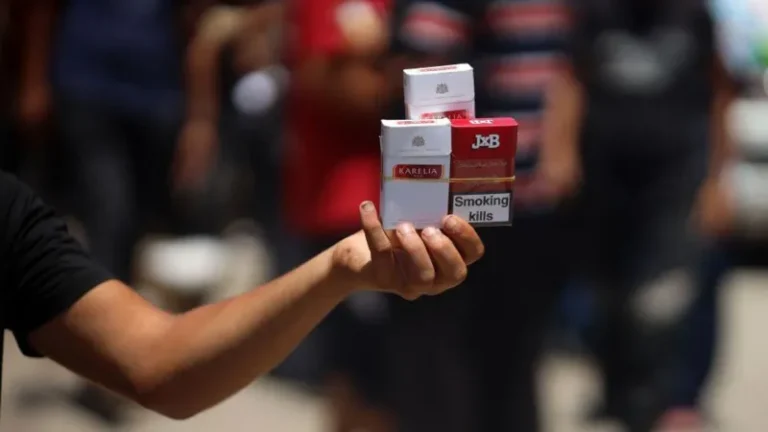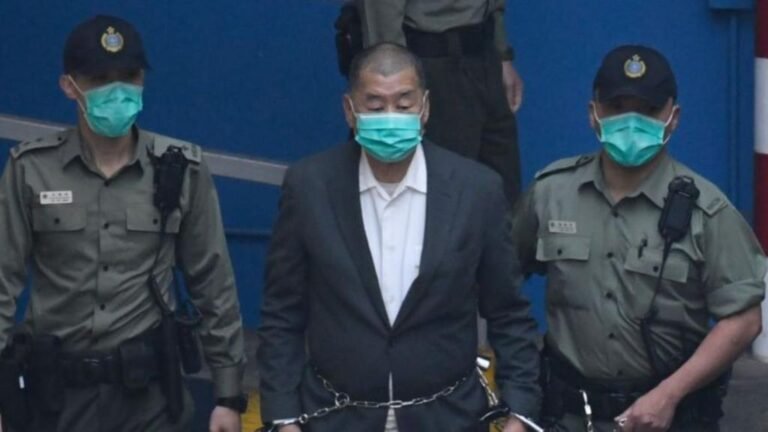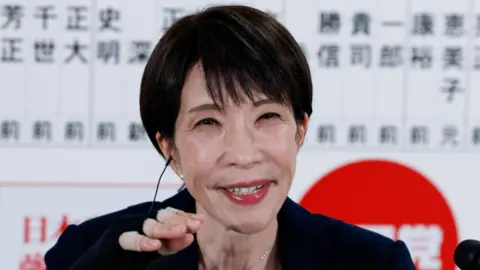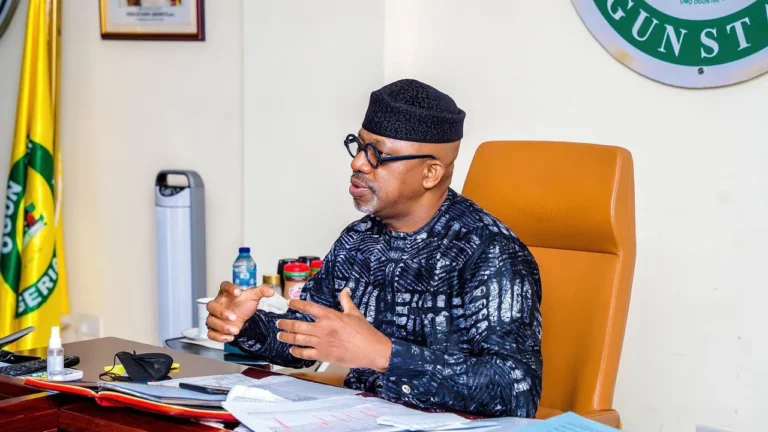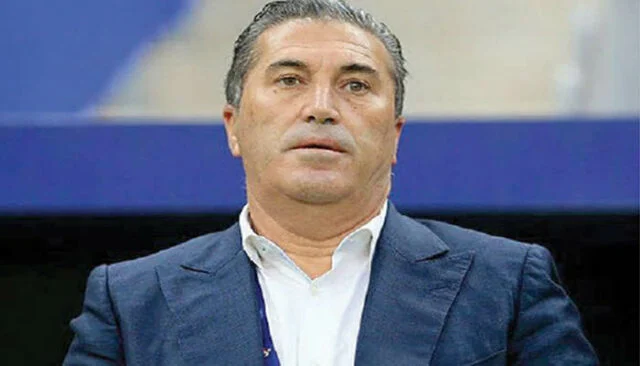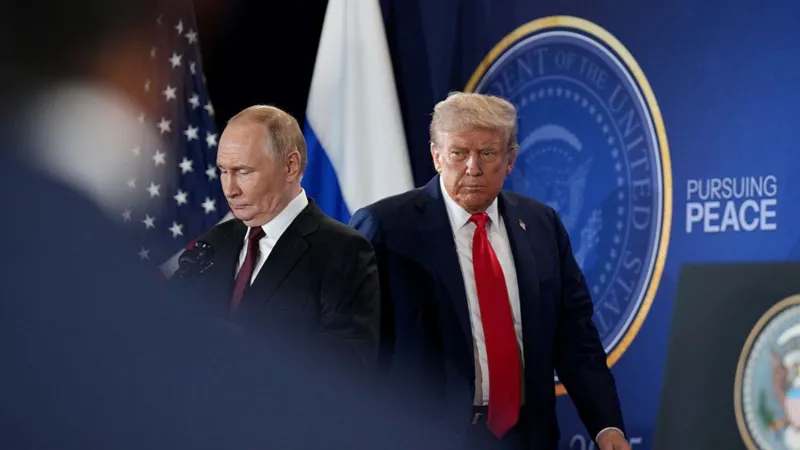
The United States has imposed new sanctions on Russia’s two largest oil companies, Rosneft and Lukoil, in a major escalation aimed at forcing Moscow to negotiate peace in Ukraine.
President Donald Trump announced the move on Wednesday after admitting that his conversations with Russian President Vladimir Putin have failed to produce any tangible progress.
“Every time I speak to Vladimir, I have good conversations and then they don’t go anywhere,” Trump said at the White House after meeting NATO Secretary-General Mark Rutte to discuss peace efforts.
The sanctions came just a day after Trump cancelled a planned summit with Putin in Budapest, saying the talks would be shelved indefinitely.
Earlier in the day, Russia launched a massive bombardment on Ukraine, killing at least seven people, including children.
US Treasury Secretary Scott Bessent said the sanctions were necessary due to “Putin’s refusal to end this senseless war”, describing the targeted oil firms as major funders of “the Kremlin’s war machine.”
“Now is the time to stop the killing and for an immediate ceasefire,” Bessent said.
‘Time to Act’ — Trump
Speaking alongside Rutte in the Oval Office, Trump said the time for waiting was over.
“I just felt it was time. We waited a long time,” Trump said. “The sanctions package is tremendous, and I hope they can be withdrawn if Russia agrees to stop the war.”
Rutte praised the decision, saying it would “put more pressure on Putin” and bring renewed urgency to the peace process.
Europe Aligns with Washington
The UK had earlier imposed a similar sanctions package on Rosneft and Lukoil.
UK Chancellor Rachel Reeves declared, “There is no place for Russian oil on global markets.”
In response, Russia’s embassy in London warned that the sanctions would “disrupt global fuel supplies” and threaten energy security in developing nations, accusing the West of escalating tensions.
The European Union also joined the pressure campaign, approving its 19th sanctions package, including a ban on Russian liquefied natural gas (LNG) imports.
EU Commission President Ursula von der Leyen said the measures sent “a clear signal from both sides of the Atlantic that we will keep up collective pressure on the aggressor.”
Global Energy Impact
Rosneft and Lukoil together export over 3.1 million barrels of oil per day, with Rosneft alone producing nearly half of Russia’s oil output, accounting for about 6% of global supply.
Russia’s top oil customers remain China, India, and Turkey, but Trump has urged these nations to cut imports to intensify economic pressure on Moscow.
Stalled Peace Efforts
Trump’s decision followed growing frustration over stalled US-Russia peace talks. A preparatory meeting between US Secretary of State Marco Rubio and Russian Foreign Minister Sergei Lavrov was also shelved after a “productive” phone call.
Trump has repeatedly pushed for a frontline freeze in Ukraine, saying:
“Cut and stop at the battle line. Go home. Stop fighting, stop killing people.”
However, Kremlin spokesperson Dmitry Peskov rejected the idea, insisting that Ukraine must withdraw its troops from the Donbas region.
Background
Trump and Putin last met in Alaska in August, where they failed to secure an end to the war. The US president said he doesn’t want another “wasted meeting” until Moscow shows genuine interest in peace.
The 12-point NATO–Kyiv plan under discussion includes:
- Freezing current frontlines
- Returning deported Ukrainian children
- Prisoner exchanges
- Creating a war recovery fund for Ukraine
- Outlining a pathway for Ukraine’s EU membership
Meanwhile, Ukrainian President Volodymyr Zelensky continues to lobby for long-range US Tomahawk missiles, arguing that their threat could pressure Moscow back to the table.
